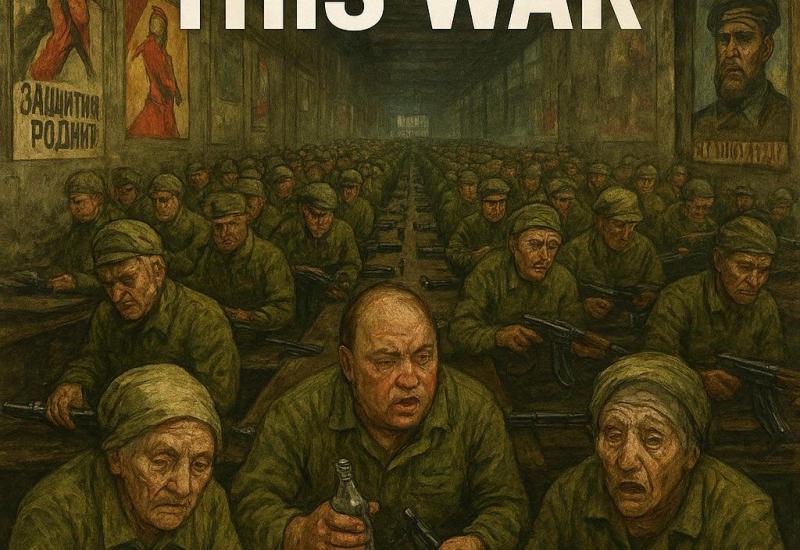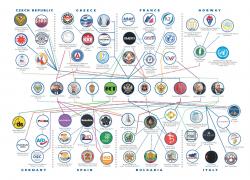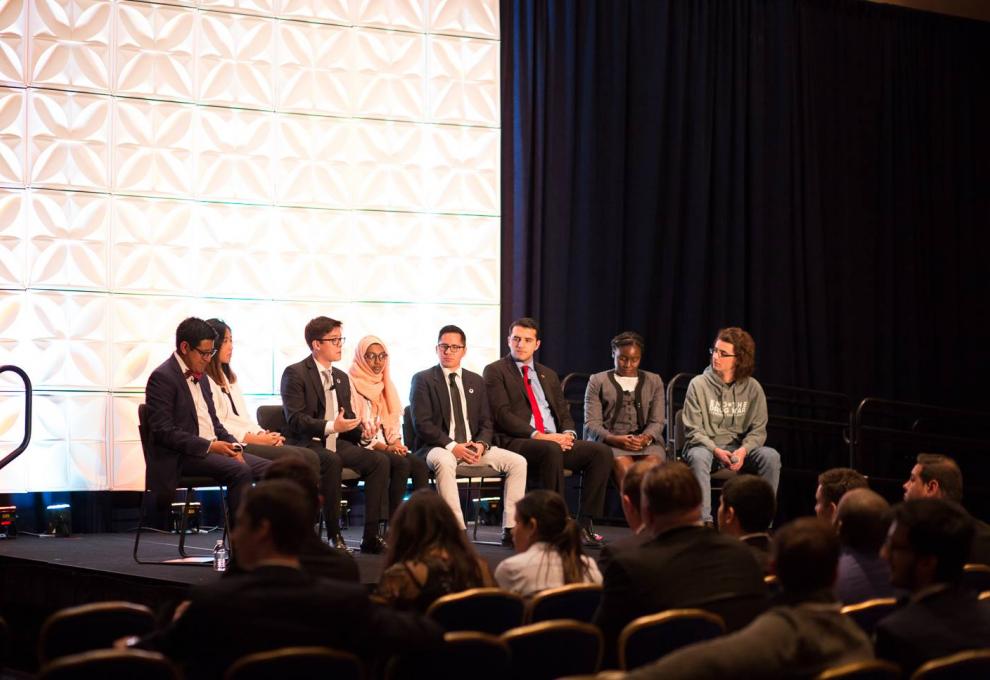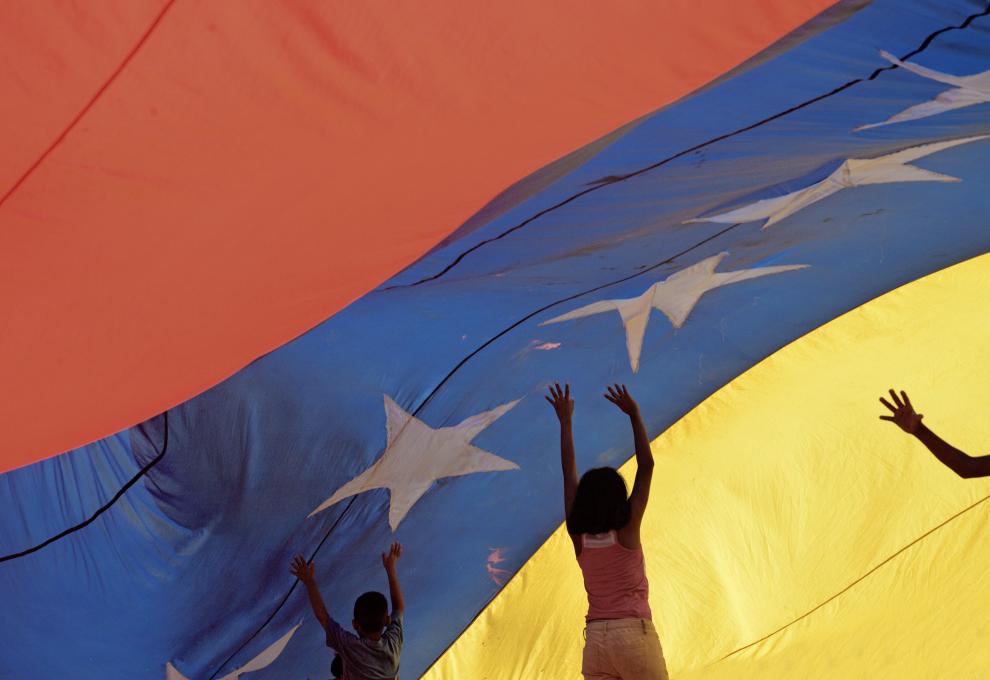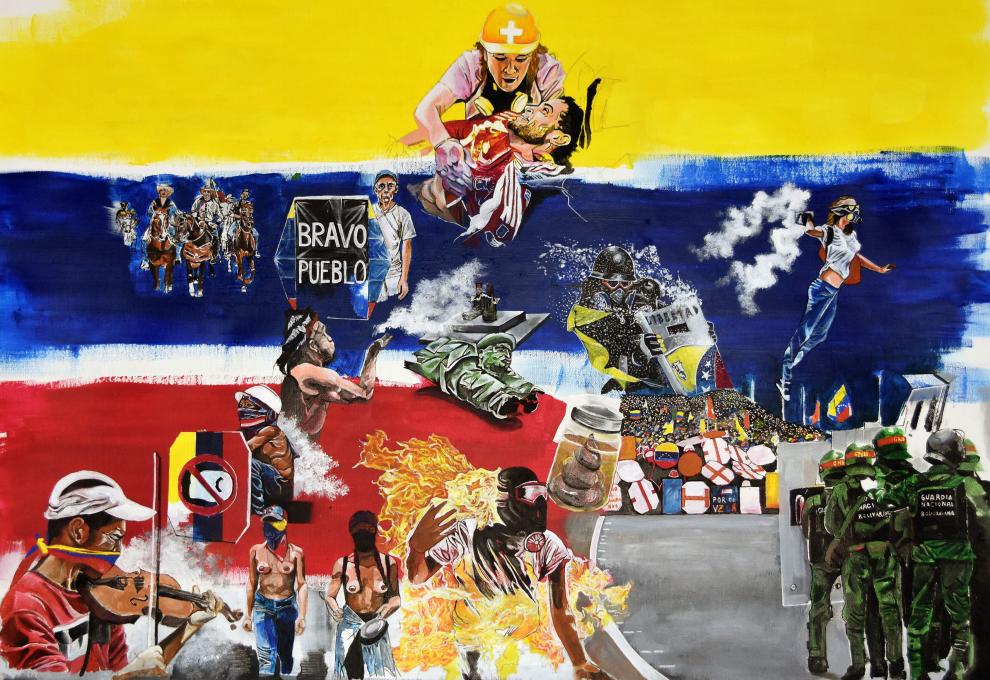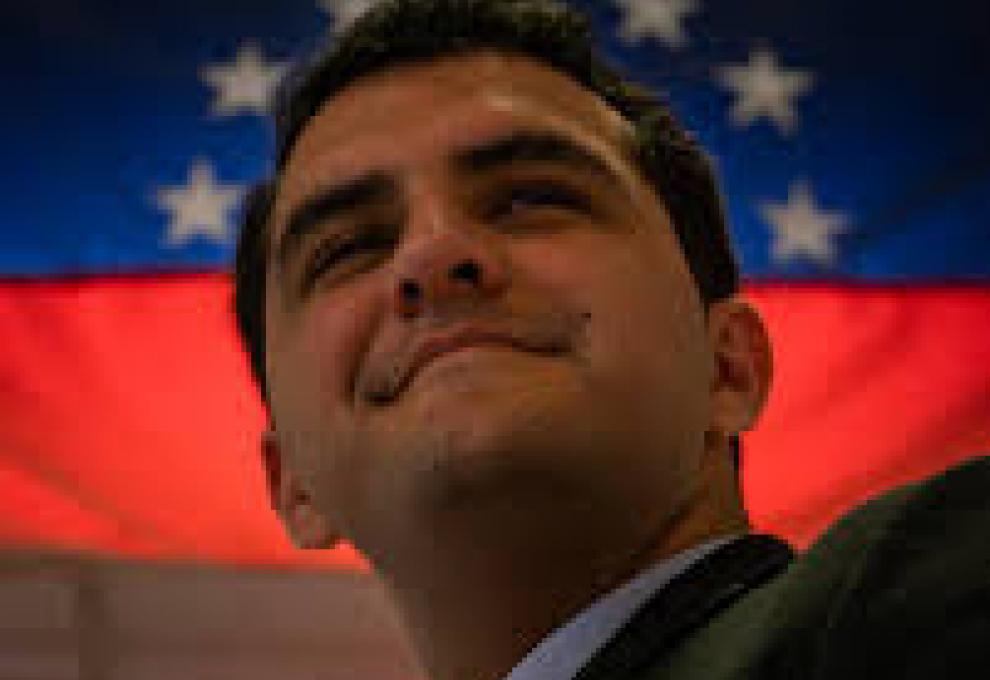Why African Governments should Consider the Legalization of Cannabis
The recent legalization of cannabis in Zambia and its approval for medical use in Uganda are encouraging news for advocates and the array of consumers of the plant. This is significant, particularly, as the legalization of recreational drugs like cannabis, does not necessarily increase the rate of consumption. Instead, these policies would help reduce crime rates and gradually get rid of black markets and other dangerous clandestine media of trade. Not to mention the fact that an African cannabis industry could generate up to $7.1 dollars by 2023.
It is, however, worrisome that many African countries still criminalize recreational and medical cannabis despite their merits. Besides, it is an infringement of individual liberty to prevent non-violent adults from leading peaceful lifestyles.
On the contrary, the criminalization of the use and sale of cannabis across Africa has only triggered further problems. A 2018 report by the World Health Organization indicated that West and Central Africa had the highest prevalence of cannabis consumption at 5.2 percent and 13 percent respectively. Interestingly, though, higher-income countries are not immune to this reality. Criminalization of cannabis and other drugs has not resulted in a decrease in their use. The United States, for instance, has more prohibition on cannabis compared to the Netherlands and Portugal, but drug-related crimes are lower in both countries than in the United States.
Legalizing cannabis, if considered by other African countries, could save law enforcement agencies a lot of headaches and money.
In 2019, A Quartz Africa analysis mentioned that “Over the past year alone, nearly 15 percent of the adult population in Nigeria (around 14.3 million people) reported a “considerable level” of use of psychoactive drug substances—it’s a rate much higher than the 2016 global average of 5.6 percent among adults.” This observation should be a vivid awakening for pro-regulation advocates.
More so, since Africans are always going to consume cannabis regardless of regulations and criminalization, creating a legal medical and recreational market is safer for consumers than black markets. Black markets are usually devoid of consumer safety features such as product and quality control, and manufacturer accountability. A proper market would equally provide a disgruntled consumer the avenue to seek legal intervention, arbitration or even sue a fraudulent dealer rather than resort to violence.
The illegal drug market, meanwhile, is inelastic, as an increase in price does not usually translate to a decrease in the purchase. The legalization of cannabis, would nonetheless, likely force peddlers out of business and replace them with certified retailers. It would eventually subdue consumers’ tendency to commit crimes such as stealing to raise money to satisfy their medical or recreational needs.
Rather than continue to entrust the drug market into the hands of criminals and traffickers, African governments should legalize the use and sale of cannabis. A liberal approach similar to ones used on products such as tobacco, alcohol, and caffeine, will not only reduce crime rates but also encourage responsible usage by consumers.
The effects of the prohibition of cannabis have resulted in far worse outcomes in African societies than its legalization. Every grown adult should have the right to lead their lives so long they do not harm others or deprive them of the same rights.
By: Haleed Sulemana
Haleed Sulemana is a writing fellow at African Liberty and a Public Speaker. He can be reached on Twitter via @Haleed_Nemo



